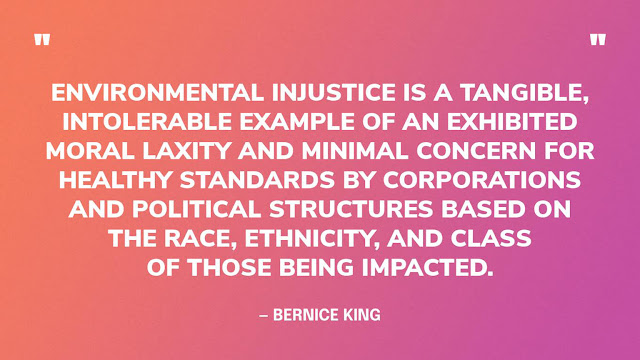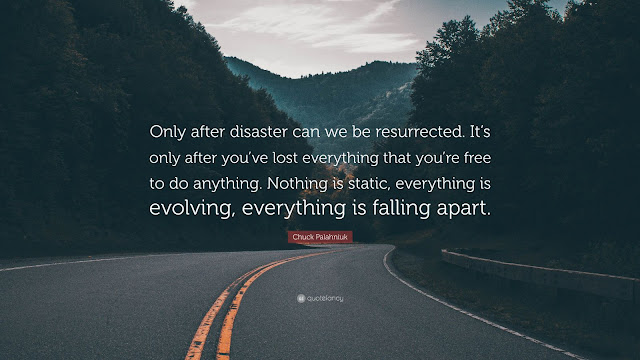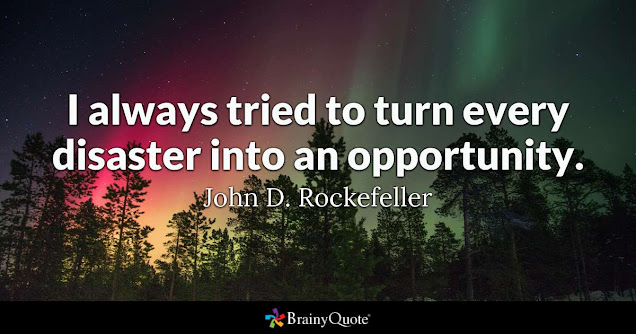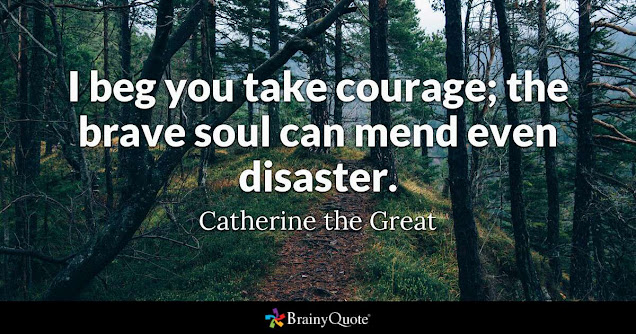By Jan S. Gephardt
“Not in my neighborhood!” I’m sure you’ve heard this characteristic cry of property owners almost everywhere. It’s a near-universal protective reflex when anything new or even potentially threatening appears on the horizon.
And there are times when it’s thoroughly justifiable. After all, the vast majority of us are persons of limited means. If we don’t protect and steward the value of things we own, who will? If our property value goes down too much, our home or other property can turn into more of a liability than an asset.
So, for example, if we don’t raise a stink a rumor that someone wants to install a landfill near our local school, we could be in trouble. Pretty soon there’ll be a stink on our kids and on our spring breezes. If we don’t make some noise about a “party house” where they blare loud music all night, we might lose our sleep and our hearing in the resulting din. And in either case, our neighborhood will suffer.
 |
| Many thanks to AZ Quotes. |
“Not in My Neighborhood” and Inequality
But “not in my neighborhood” isn’t always possible. That’s because what it actually means is “somewhere else.” So, for all too many of us, it’s okay if someone else’s neighborhood is trashed, just as long as ours isn’t? My country – indeed, my own home city – offers many cases in point, both from history and in the present.
That’s because the power to say “not in my neighborhood” doesn’t belong to everyone. No matter how “equal” we try to convince ourselves we are. It never has. In the United States, as I write this, dramatic economic inequality colors every aspect of our lives and the way we live. “Not in my neighborhood” currently finds some of its expression in gated communities. Some of it comes with gentrification. And it often finds expression that results in environmental injustices.
Historically, “not in my neighborhood” is the very heart and soul of redlining. That’s a now-illegal lending and real estate practiced that very successfully segregated our cities. Its legacy lingers today. But it’s a concept our kids are unlikely to learn if we live in certain states that have restricted academic freedom and the First Amendment right to freedom of speech.
 |
| Thanks again, AZ Quotes! |
How “Not in My Neighborhood” can Cause Enduring Harm
Redlining by real estate developers such as J. C. Nichols in Kansas City created cascading results we still see today. By figuratively but quantifiably “walling off” parts of the metro area from each other, these practices guaranteed division. You can still see stark differences from one block to the next in my home town.
When they systematically invested money in some, while actively barring investment in others, they guaranteed harsh divisions between rich and poor areas. They chose to bless some with fertile ground to prosper, while they monetarily “salted the earth” in others to make sure they stayed poor. This not only impacted personal wealth – we also see it in schools, health outcomes, and many other compounding effects.
Income and racial disparities from redlining and similar practices left a mark. They made it possible for developers of the US interstate highway system to target Black and brown neighborhoods. Those “lower value” zones became the ones literally plowed under and paved over. The social chaos from that simple, cruel solution still haunts many cities today.
 |
| Many thanks to QuoteFancy. |
Righting Old Wrongs
The statutes that enabled redlining have since been declared illegal and unconstitutional, but the disparities persist. Johnson County, KS was the “favored land” in the Nichols vision – read that white and Christian only. No Jews need apply, and certainly no Black people back then. Our local officials and state legislators are still trying to eradicate all of the old, racist language from housing covenants. Legally, that’s been a lot harder than it should be.
Rectifying historic wrongs will take a lot more than erasing old language, however. The harder work is fighting persistent biases and historic patterns. In my town there’s a common understanding about which are the “good” or “safe” neighborhoods, and which are the “bad parts of town." Cultural memory persists. To this day, some of my neighbors actively fear going into “the wrong parts of town.”
Unfortunately, avoidance doesn’t usually breed either an appetite to do something about it, or the individual means to do so. And heaven forbid we should suggest anything as radical as reparations! Most of those selfsame neighbors are still stuck in the “that was then, this is now” mindset of people afraid of losing their historic advantages.
 |
| Many thanks to GoodGoodGood! |
How “Not in My Neighborhood” Creates a Toxic Stew
Those disadvantaged, redlined communities also have borne the brunt of environmental injustice. Because they are poor (as well as often poorly-educated, hungry, over-scheduled by juggling multiple low-wage jobs, and ill), they don’t wield a lot of clout in municipal decisions. The working poor are almost never at the table when zoning changes that impact them are made.
Thus, we have situations such as the one in Brownsville, Texas, where Native Americans (another historically restricted and dispossessed group) have been fighting to preserve their heritage in the face of environmental destruction. We have activists from a Black neighborhood in South Charleston, WV, struggling for decades to contain the pollution from a Union Carbide plant. Or poor neighbors in Catawba, SC, fighting pollution from a paper mill. And don’t forget residents of the Wilmington Neighborhood in Los Angeles, struggling with pollution from oil refineries.
Where does it stop? How do we change and improve? Environmental destruction impacts poor neighborhoods first, but as the residents of East Palestine, OH have discovered, pollution can happen anywhere, anytime, with no warning. You also can ask people in Washington County, KS about that. Those folks all can attest that “not in my neighborhood” only goes so far.
 |
| Thanks again to GoodGoodGood! |
Reconsidering “Not in My Neighborhood”
This post has been long on problems and short on practical solutions. That’s partly because few of the difficulties I’ve highlighted are easy-to-fix issues. Hidden danger lurks in only focusing on the “low-hanging fruit” – the easy fixes. Simple-minded solutions to complex issues aren’t solutions at all. They just defer the inevitable (and possibly attempt to shift blame).
If we habitually look at life as a zero-sum game where someone must by definition be a “loser,” we’ve not only taken a morally bankrupt approach. We’ve also set ourselves up for later grief. I write science fiction about an imaginary place far from earth. But through it I often try to re-imagine how solutions to clear and present problems might be solved – and what those solutions might look like.
Here in the present, our neighborhood is increasingly connected to everyone else’s neighborhood. All-or-nothing “solutions” are not helpful at all. It takes creativity to look at complex problems in new ways. It takes ingenuity and determination to craft new, better answers to the problems born of inequity, pollution, and systemic injustice.
In the final analysis, “Not in My Neighborhood” doesn’t truly fix anything. Not unless it transforms into “Not in Anybody’s Neighborhood.”
IMAGE CREDITS
As noted in the cutlines under the illustrations, for this post I’m grateful to AZ Quotes, QuoteFancy, and the wonderful post full of “Quotes about Justice to Inspire Positive Change” from GoodGoodGood.












